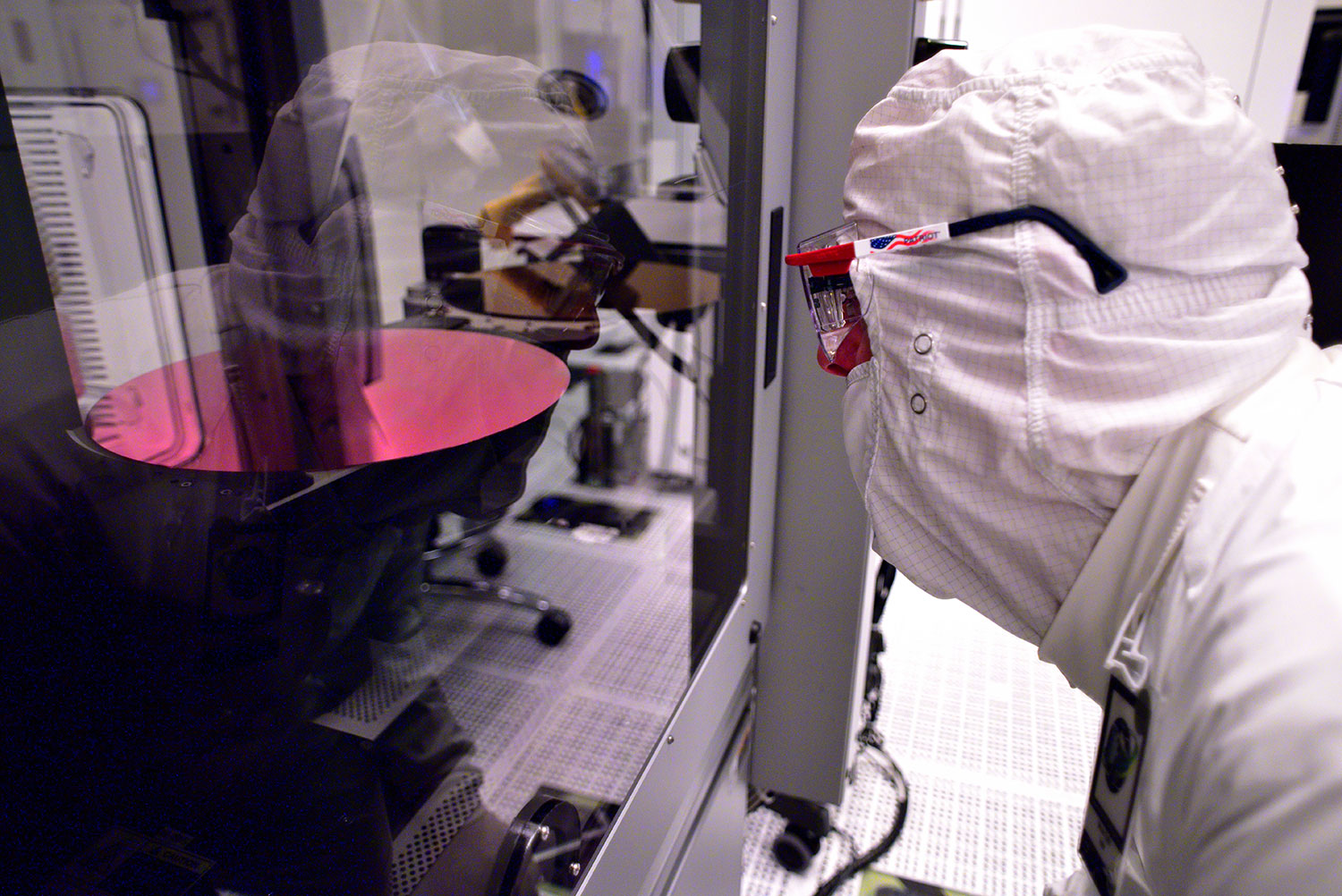Intel says 10nm Cannon Lake shipments still on track as it deals with 14nm CPU shortage
Recent PC sales growth caught the world's largest semiconductor by surprise.

Intel knows it has a 14-nanometer CPU supply problem. As rumors swirl of Intel and its partners having to deal with a shortage of CPUs, Intel CFO and interim CEO Bob Swan addressed the topic head on, stating frankly in an open letter that Intel was surprised by the the recent growth in PC shipments.
"Second-quarter PC shipments grew globally for the first time in six years, according to Gartner. We now expect modest growth in the PC total addressable market (TAM) this year for the first time since 2011, driven by strong demand for gaming as well as commercial systems—a segment where you and your customers trust and count on Intel," Swan stated.
Swan also noted that Intel is seeing growth in multiple sectors. For example, the company's data center businesses grew 25 percent through June, and its cloud revenue grew 43 percent in the first six months of 2018. But it's the performance of Intel's PC-centric business that seems to have caught the company off-guard.
"The surprising return to PC TAM growth has put pressure on our factory network. We’re prioritizing the production of Intel Xeon and Intel Core processors so that collectively we can serve the high-performance segments of the market. That said, supply is undoubtedly tight, particularly at the entry-level of the PC market," Swan added.
Intel is confident it will still have enough supply to meet or exceed its full-year revenue outlook announced in July, though that does not mean much to consumers if Intel is unable to keep up with the market's growth. What is more meaningful, however, is the additional $1 billion dollars Intel is pouring into several of its 14nm manufacturing sites, including fabs in Oregon, Arizona, Iceland, and Israel, on top of the $15 billion it's already committed to spending in 2018.
"This capital along with other efficiencies is increasing our supply to respond to your increased demand," Intel said.
The timing of all this is concerning as it relates to Intel's shift to its 10nm Cannon Lake products, especially given the manufacturing challenges it already faces. It was originally hoped that Cannon Lake would be shipping to customers by the end of the 2018. Instead, Intel ended up releasing 10nm mobile chips in low volume, as it aims to deliver 10nm parts more broadly in holiday 2019.
Keep up to date with the most important stories and the best deals, as picked by the PC Gamer team.
That's still the plan. Swan said that 10nm yields are improve, and that Intel still expects volume production next year. We're crossing our fingers that holds true.
In the more immediate future, Intel is expected to release a 9th generation Core processor refresh, including at least two mainstream desktop 8-core processors, the Core i7-9700K and Core i9-9900K. These and other 9th generation parts will be built on a second refinement of Coffee Lake's 14nm++ node.
Paul has been playing PC games and raking his knuckles on computer hardware since the Commodore 64. He does not have any tattoos, but thinks it would be cool to get one that reads LOAD"*",8,1. In his off time, he rides motorcycles and wrestles alligators (only one of those is true).


